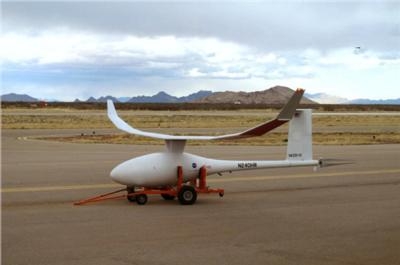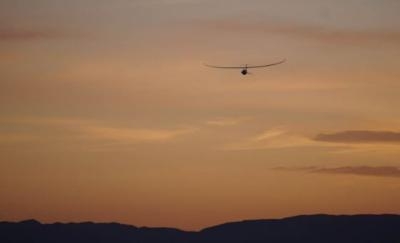Sat, Jan 07, 2017
Advertisement
More News
 ANN's Daily Aero-Term (10.26.25): Hazardous Weather Information
ANN's Daily Aero-Term (10.26.25): Hazardous Weather Information
Hazardous Weather Information Summary of significant meteorological information (SIGMET/WS), convective significant meteorological information (convective SIGMET/WST), urgent pilot>[...]
 ANN's Daily Aero-Linx (10.26.25)
ANN's Daily Aero-Linx (10.26.25)
Aero Linx: FAI Hang Gliding and Paragliding Commission (CIVL) The mission of the FAI Hang Gliding and Paragliding Commission (CIVL) is to administer hang gliding and paragliding on>[...]
 Aero-News: Quote of the Day (10.26.25)
Aero-News: Quote of the Day (10.26.25)
“This partnership with Archer will accelerate Korea’s leadership in next-generation air mobility. By combining Archer’s industry-leading eVTOL technology with Kor>[...]
 Classic Aero-TV: Of Rotors, Ribs, World Records, and a Growing Phenomenon
Classic Aero-TV: Of Rotors, Ribs, World Records, and a Growing Phenomenon
From 2023 (YouTube Edition): Indiana’s Rotors ‘n Ribs Helicopter Fly-In Celebrates 7th Year Held annually for the last seven-years at Indiana’s Goshen Municipal A>[...]
 NTSB Prelim: Toop Thomas A Glasair Super II FT
NTSB Prelim: Toop Thomas A Glasair Super II FT
The Airplane’s Left Wing Struck The Windsock Pole Located Near The Runway, Which Had Been Constructed From A Telephone Pole On September 27, 2025, at 1418 eastern daylight ti>[...]
blog comments powered by Disqus





